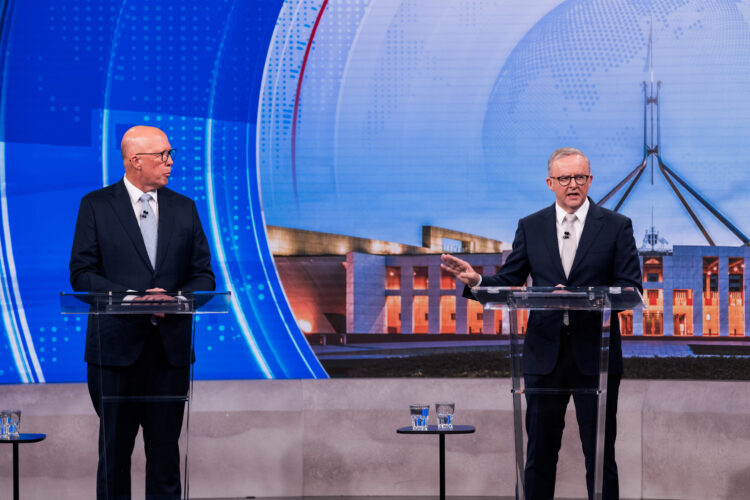Bill Browne
Director, Democracy & Accountability Program
A reader asks: If you fill out the ballot correctly in terms of numbering, but write a message on the ballot (a la The Franklin Dam campaign) is the ballot then treated as informal? An “informal vote” is one that does not follow the rules, and therefore is not counted.
1. The most common source of informality is voters failing to number every box.
In the House of Representatives, you must number every box sequentially for your vote to be valid.
For example, if there are four candidates, you must put “1” next to the candidate you most prefer, “2” next to your second preference, “3” next to your third preference and “4” next to your least-preferred candidate.
In the Senate it is similar, although you can stop numbering after six boxes above the line or 12 boxes below the line. (I still recommend numbering every box either above or below the line.)
Don’t write in a new candidate or rename an old one, or your vote could be invalid.
If there is any risk of confusion, ask for a new ballot. Maybe you wrote “4” twice. Maybe your “1” looks like a “7”. Better to be safe than sorry.
2. A vote is also informal if you identify yourself
Do not autograph your ballot. Do not write “I voted for Joe Bloggs because he’s my cousin” or “Bill B approves this message”. If your ballot could uniquely identify you, it will be thrown out.
So can you write something on your ballot?
If you number every box, do not interfere with the printed list of candidates, and do not identify yourself, your vote will count – even if you write something on the ballot.
However, I strongly recommend against writing on the ballot.
It serves no purpose – the only people who will see your message are Electoral Commission staff and election scrutineers.
And you do not want to take the risk that you write something identifying, or otherwise invalidate your vote.
It makes everyone’s life easier if your ballot looks exactly like it is supposed to.
Why did the Franklin Dam campaign encourage people to write on their ballot?
There were very good reasons for environmentalists to encourage people to write “No dams” on their ballots – but it was a unique circumstance.
In the 1980s, the Tasmanian Government was planning to build a hydroelectric dam despite consequences for the natural environment, jeopardising in particular the Franklin River.
Premier Doug Lowe took the question of where to build the dam to a state-wide referendum. Voters were forced to choose between two locations for the dam; they could not choose “no dam”.
Almost half of voters (45%) either wrote “No dams” or cast invalid or blank votes, showing the strength of community opposition. Even so, if you wrote “No dams” but still cast a valid vote, then your vote still counted towards the question of where to build the dam.
In this case, the invalid vote was the point. Tasmanians had been “allowed” to choose between the Devil and the deep blue sea, and the only way to win was to reject the premise of the question. In the end, the proposed dam was cancelled by a federal government elected with a clear anti-Franklin Dam policy.
This election is very different to the Franklin Dam referendum. I don’t think voters have anything to gain by writing messages on their ballot paper.





